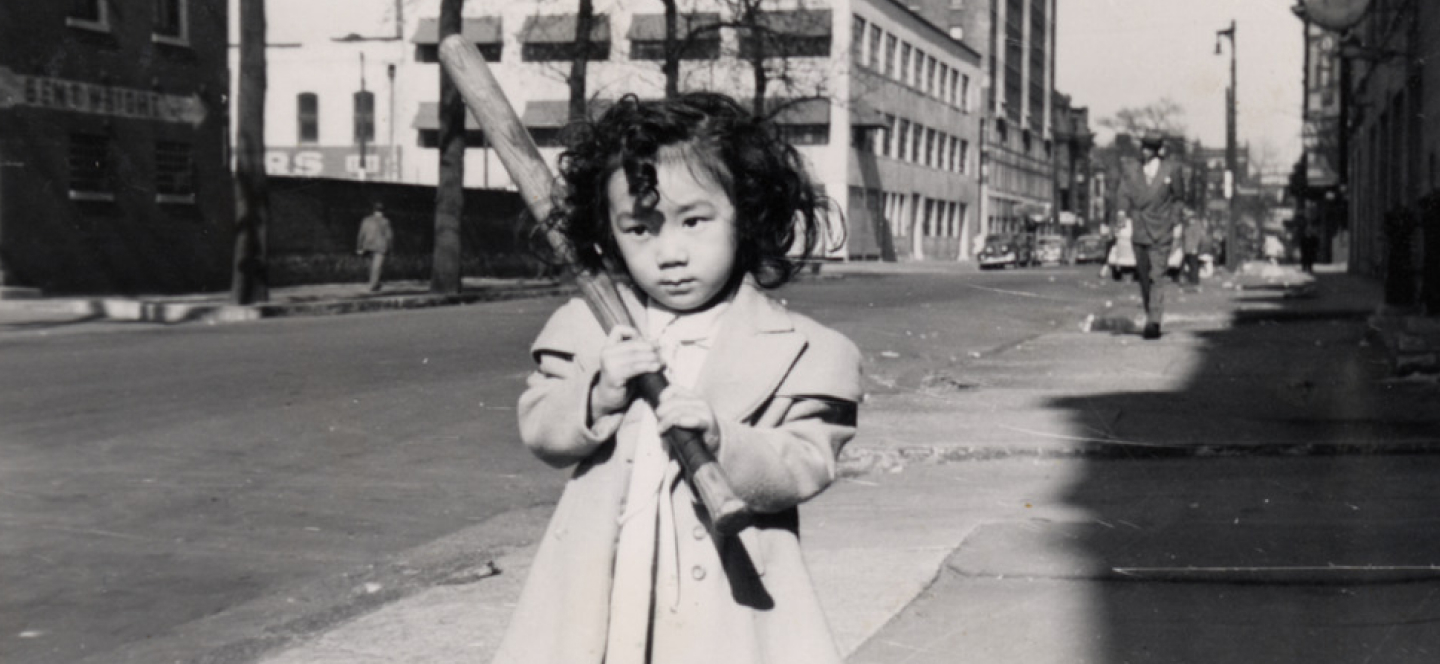Category: hidden histories
View Other Categories
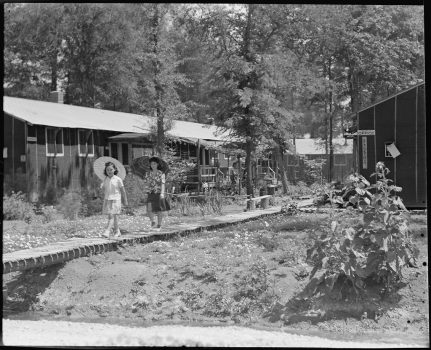
10 Little-Known Stories About Rohwer Concentration Camp
If there’s one true thing about studying history, it’s that there’s always more to learn. Less (in)famous than sites like Manzanar and Tule Lake, Rohwer was one of two WRA…
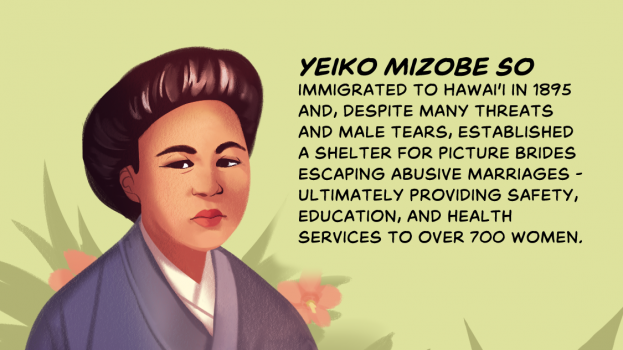
Smashing the Patriarchy since 1895: The Anti-Violence Advocacy of Issei Pioneer Yeiko Mizobe So
Yeiko Mizobe So was born in Fukuoka on December 4, 1867 to samurai Nobuhara Mizobe and his wife Ino. She and her three siblings grew up in a fairly privileged…
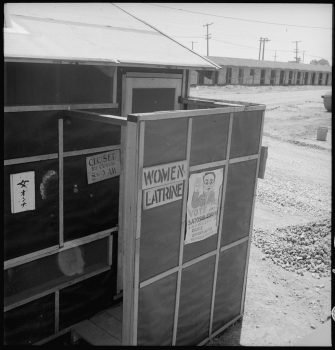
“What an Ungodly Place to Meet”: Tales from Camp Toilets
In stories of the forced removal and incarceration, certain types of stories recur. There is the shock of Pearl Harbor and the subsequent exclusion orders, the preparations for removal including…
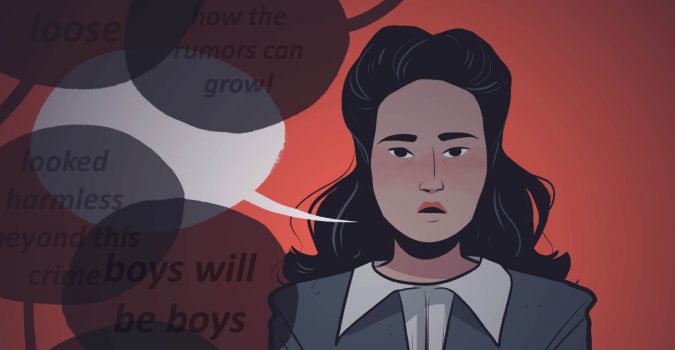
Sexual Violence, Silence, and Japanese American Incarceration
In recent months, an outpouring of stories of sexual harassment, abuse, and assault has sparked long overdue conversations around the prevalence of sexual violence and the policies, attitudes, and silences…
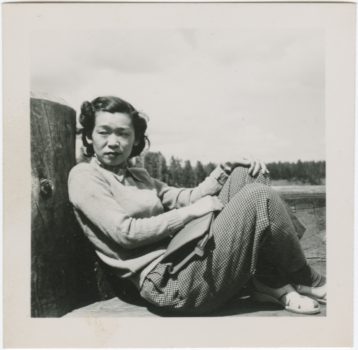
Wordsmith and Renaissance Woman Guyo Tajiri
In honor of National Women’s History Month we are excited to introduce the Guyo Tajiri Collection, new to the Densho Digital Repository. Guyo Tajiri was a journalist and writer at…

What We Can All Learn from One Family’s Century of Solidarity
Michael Ishii is a New York based activist and organizer whose deep ties to interracial solidarity began decades before he was even born. In remarks made to a crowd gathered…
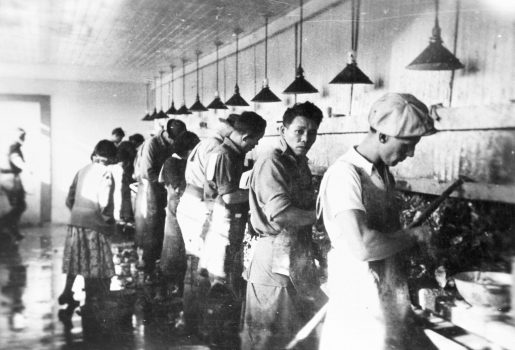
Ship Jumpers, Border Crossers, and Other “Illegal” Issei Immigrants
Here at Densho, we often draw parallels between the forced removal and subsequent incarceration of Japanese Americans from the West Coast and the treatment of marginalized groups today. Sadly, the…
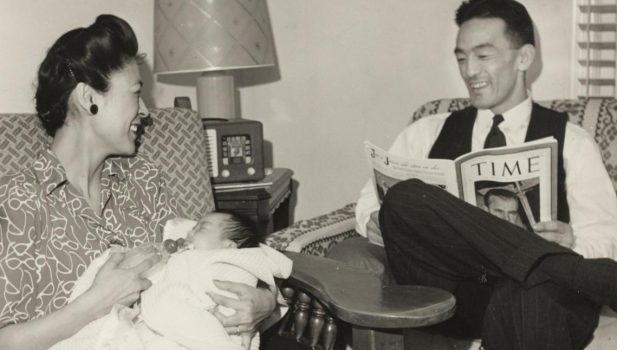
Photo Essay: Hikaru Iwasaki’s Sunny Views of Resettlement Americana
While the photographs of Ansel Adams and Dorothea Lange have helped shape visual understandings of World War II incarceration, there are many lesser known photographers who documented the Japanese American…
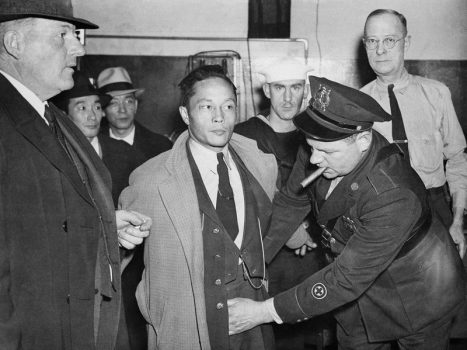
Of Spies and G-Men: How the U.S. Government Turned Japanese Americans into Enemies of the State
On December 7, 1941, Sumi Okamoto, then 21, was busy getting ready for her wedding. Oblivious to the reports of bombs falling on faraway Pearl Harbor, Sumi put on her…
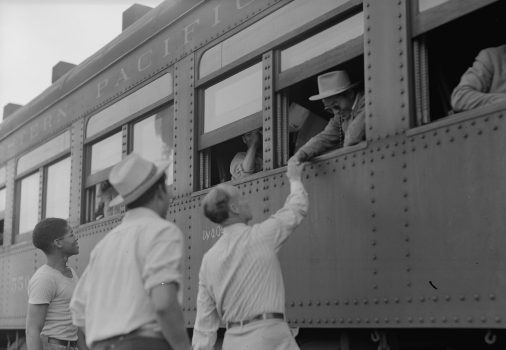
Exceptions to the Rule: How Caretakers Helped Some Japanese American Families Minimize WWII Property Losses
Japanese Americans subject to forced removal seventy-five years ago suffered tragic losses of property, business assets, family heirlooms, and more. But there were some notable exceptions—cases where non-Japanese Americans stepped…
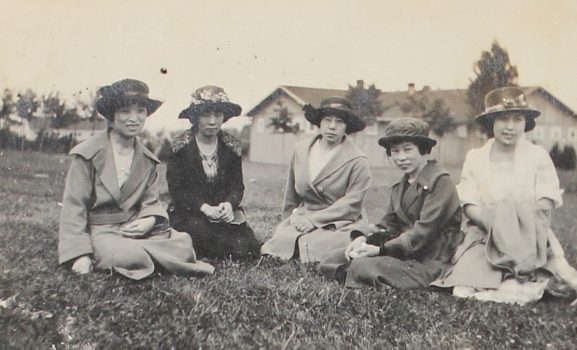
4 Bad Ass Issei Women You’ve Probably Never Heard Of
If you’re into strong women who like to color outside the lines and aren’t afraid to take what’s theirs, then you came to the right place, my friend. Following the…
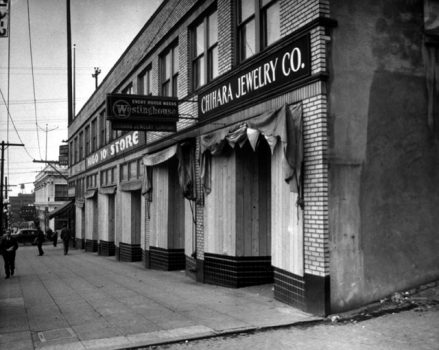
Little Known Stories of Japanese Americans Who Resisted Incarceration
Stories of resistance to World War II incarceration often include Gordon Hirabayashi, Minoru Yasui, Fred Korematsu, and Mitsuye Endo. These are the most famous Japanese Americans who resisted the racially…
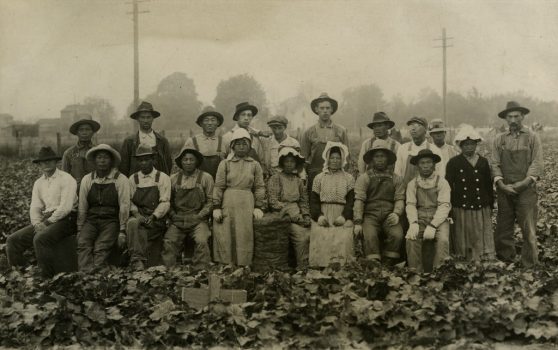
Over More than a Hundred Years of Farm Labor History, Japanese and Mexican Americans Have Been Both Allies and Adversaries
Berry season is in full swing, with farmer’s markets and produce departments across the country overflowing with these quintessential summer fruits. But the story isn’t always so sweet for the migrant…
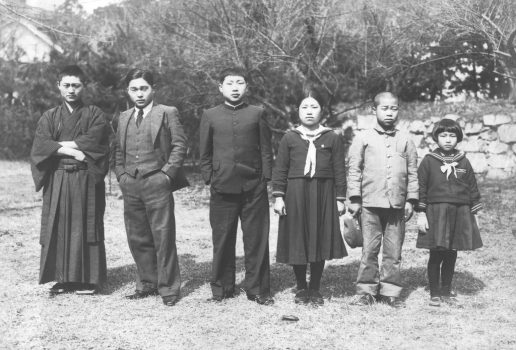
Stranded: Nisei in Japan Before, During, and After World War II
The story of the “strandees”—the period term for Nisei trapped in Japan when passage back to the U.S. was effectively cut off from late 1941 until a year two after…
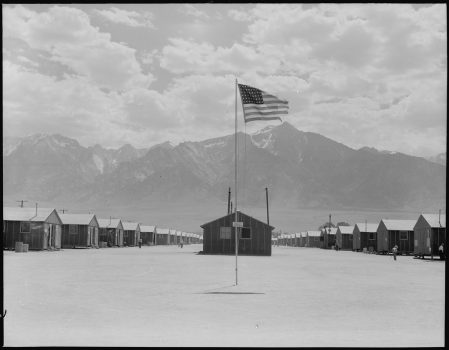
A “doubly strange and bewildering day:” Views of July 4th From Behind Barbed Wire
Ah, the Fourth of July, that special day when we celebrate the wealthy colonialists and slaveowners who birthed our nation by drinking several tons of “America” and making stuff go…

5 Bad Ass Japanese American Women Activists You Probably Didn’t Learn About in History Class
Since history tends to sideline the central role so many women played in the major social movements of the 20th century, here’s a little herstory lesson about five women warriors…
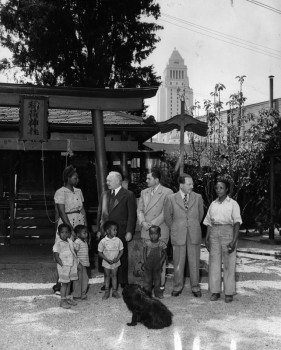
Intersections of Black and Japanese American History: From Bronzeville to Black Lives Matter
During World War II, Black and Japanese American fates crossed in ways that neither group could have anticipated. While Japanese Americans were being forced to abandon the lives they’d built…
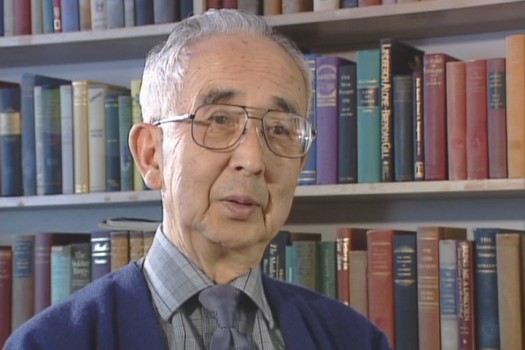
Shosuke Sasaki’s 20-Year Battle to Eradicate “Jap” from Print Media
In the 1950s, Shosuke Sasaki launched a campaign to have the word “Jap” re-classed as a racial slur and eliminated from print media. He would continue that work for the better part of the…
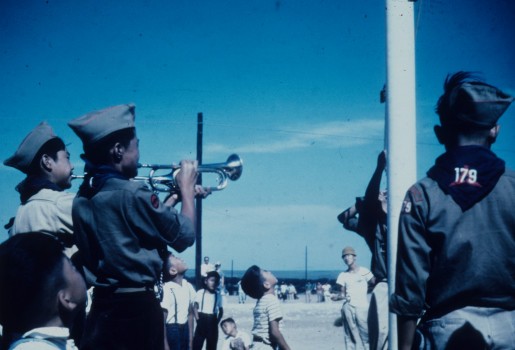
Japanese American Scouting Traditions: A Brief History and Photo Essay
The intersections between Japanese American history and scouting traditions run deep; two national news stories have called attention to that history in recent weeks.
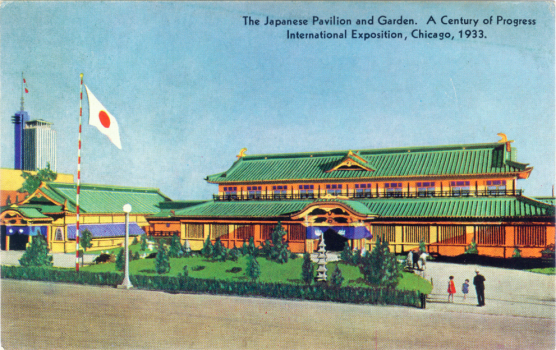
Mae Kanazawa Hara and the 1933 Chicago World’s Fair
In this guest post, Sara Beckman demonstrates how pairing oral history with archival materials can lead to rich discoveries about the past. This is the first of three reflections from interns working…
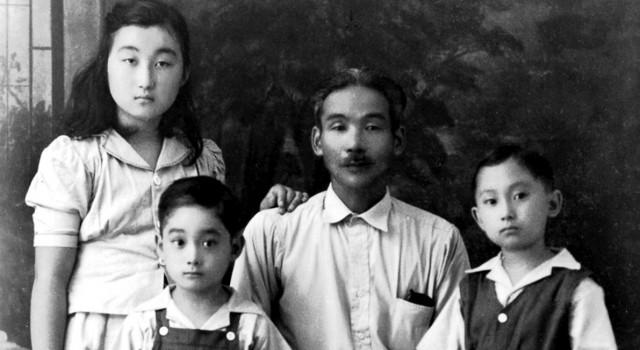
“Uprooting Community”: New Book Examines the WWII Mass Incarceration of Japanese Mexicans
In her new book, Uprooting Community, Selfa A. Chew examines the lived experience of Japanese Mexicans in the U.S.-Mexico borderlands during World War II. Chew illuminates U.S.-backed efforts of the Mexican government to…
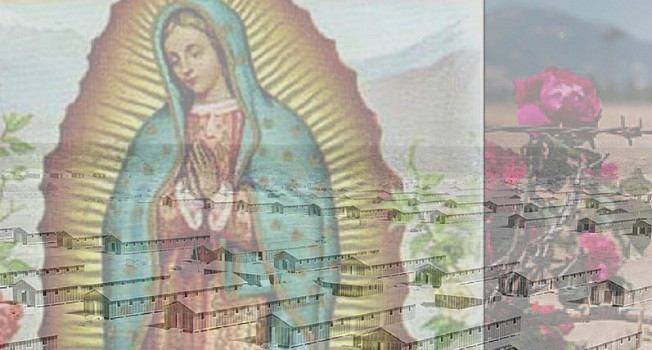
Intersections: Hispanic and Japanese American History
While the incarceration of people of Japanese descent throughout Latin America has been the focus of a number of studies, little has been written about interactions between Hispanic and Japanese American communities in…
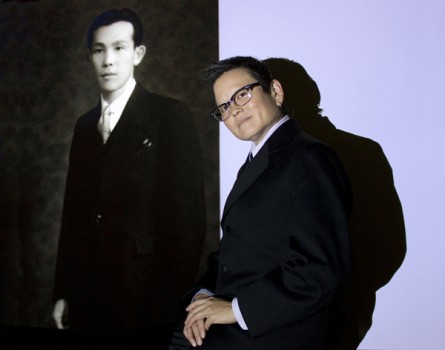
Searching for LGBT Stories in Japanese American Incarceration History
June is Pride Month—an opportunity to celebrate the LGBT experience and to highlight ongoing struggles for equal rights. While Densho supports and celebrates LGBT individuals and communities, a look through…

Free Press behind Barbed Wire? Newspapers Published in the Concentration Camps
“A battalion of American troops of the 7th Army was cut off for a week near St. Die in France. All its attempts to break out were stopped by superior…
